If you check the maintenance schedule for your car, which may be found in the owner's manual, look for something that indicates when you should change the timing belt. If applicable, the.. The job of a timing belt is to, frankly, the keep the engine timed. Within the walls of your engine you'll find a delicate and perfectly choreographed ballet of metal and oil. Con rods rise and fall, cranks spin, valves open and shut, pumps keep everything oiled and all of this, every bit of it, is overseen by the motion of a £30 bit of rubber.

Do i need to replace my timing belt? Care Automotive Service Ltd

How Timing Belts Are Made IL Pulley & Gear

Speedway Motor function of timing belt in car engine

What does a timing belt do? Trinity Auto Care
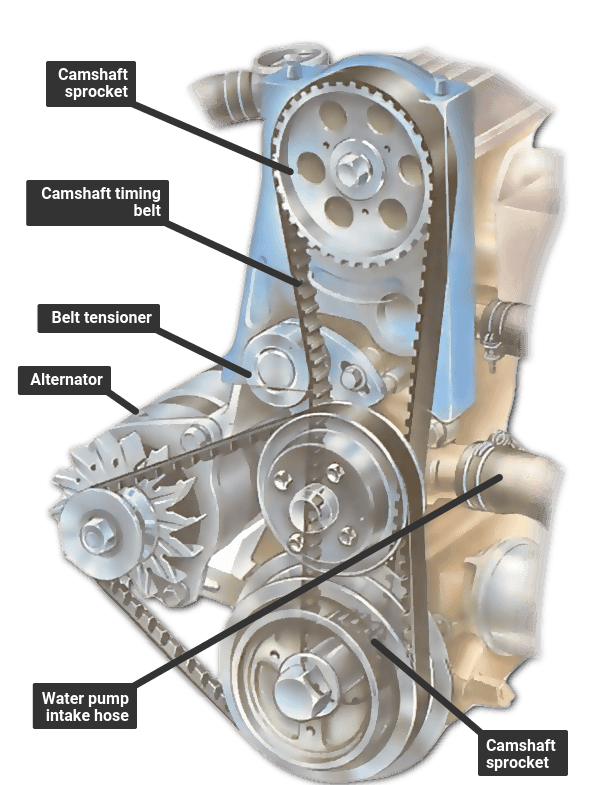
Adjusting a camshaft timing belt How a Car Works
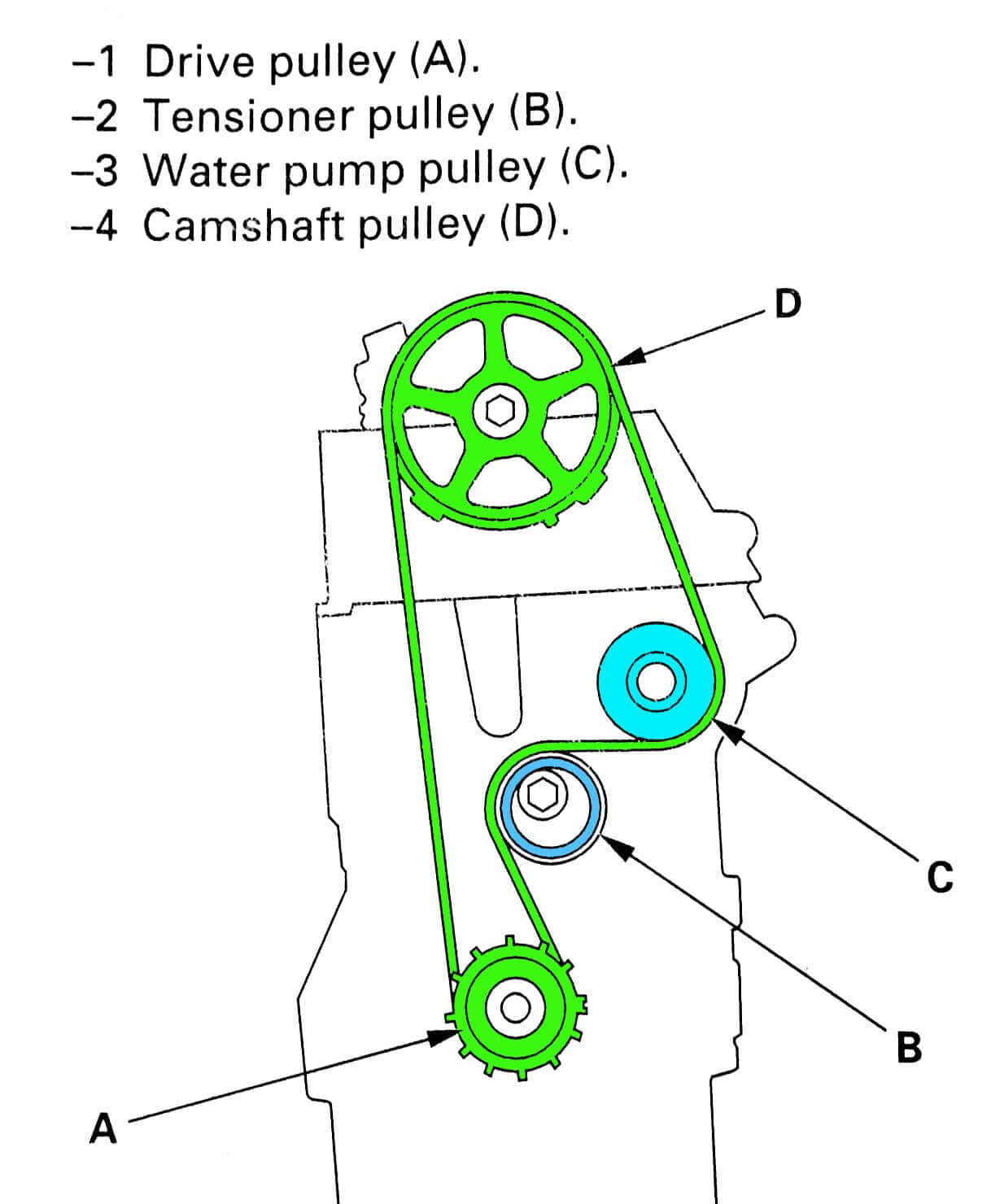
Timing Belt Replacement Motor Works

Timing Belts Auto Parts Masterparts

5 Warnings Signs Of A Bad Timing Belt (That You Should Not Ignore) The Motor Guy

Timing Belt vs. Serpentine Belt Ask Car Mechanic
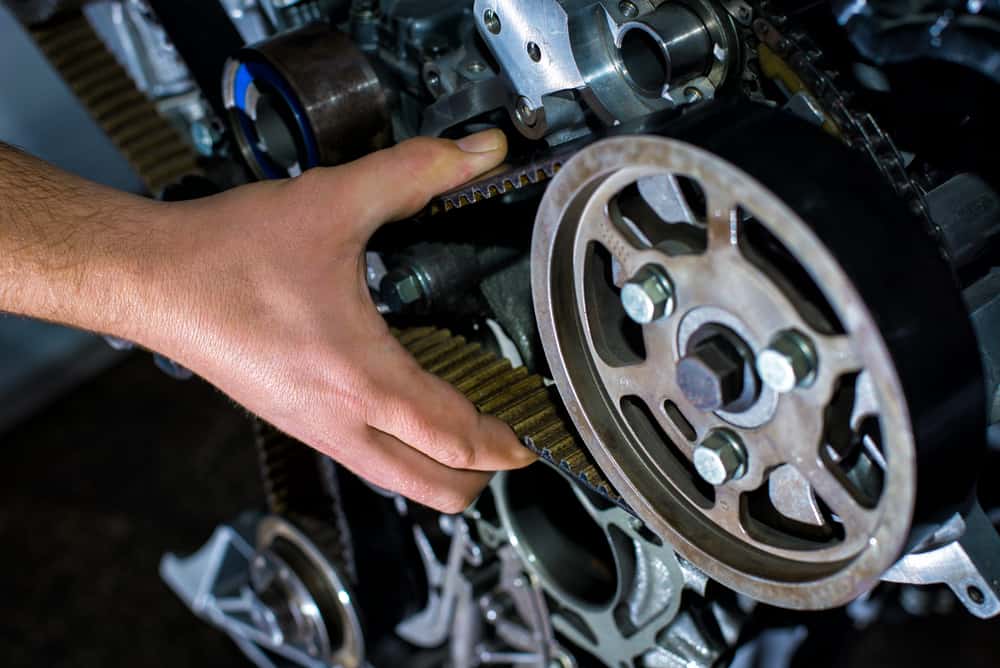
Does Your Car Need a Timing Belt Replacement? Mainstreme Auto
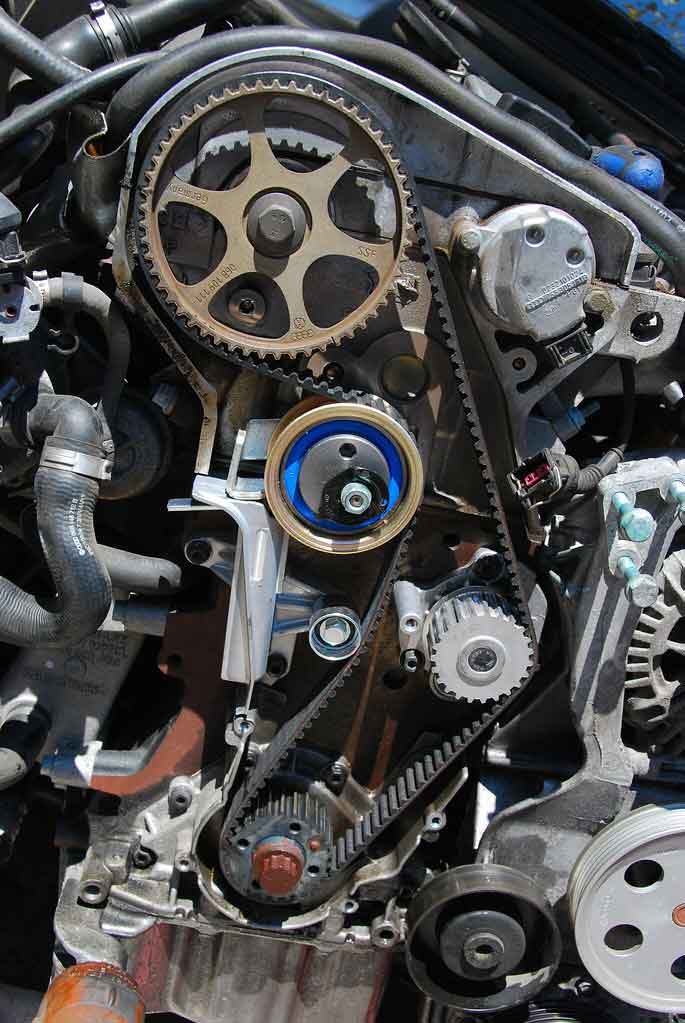
Timing belt vs timing chain. Advantages and disadvantages
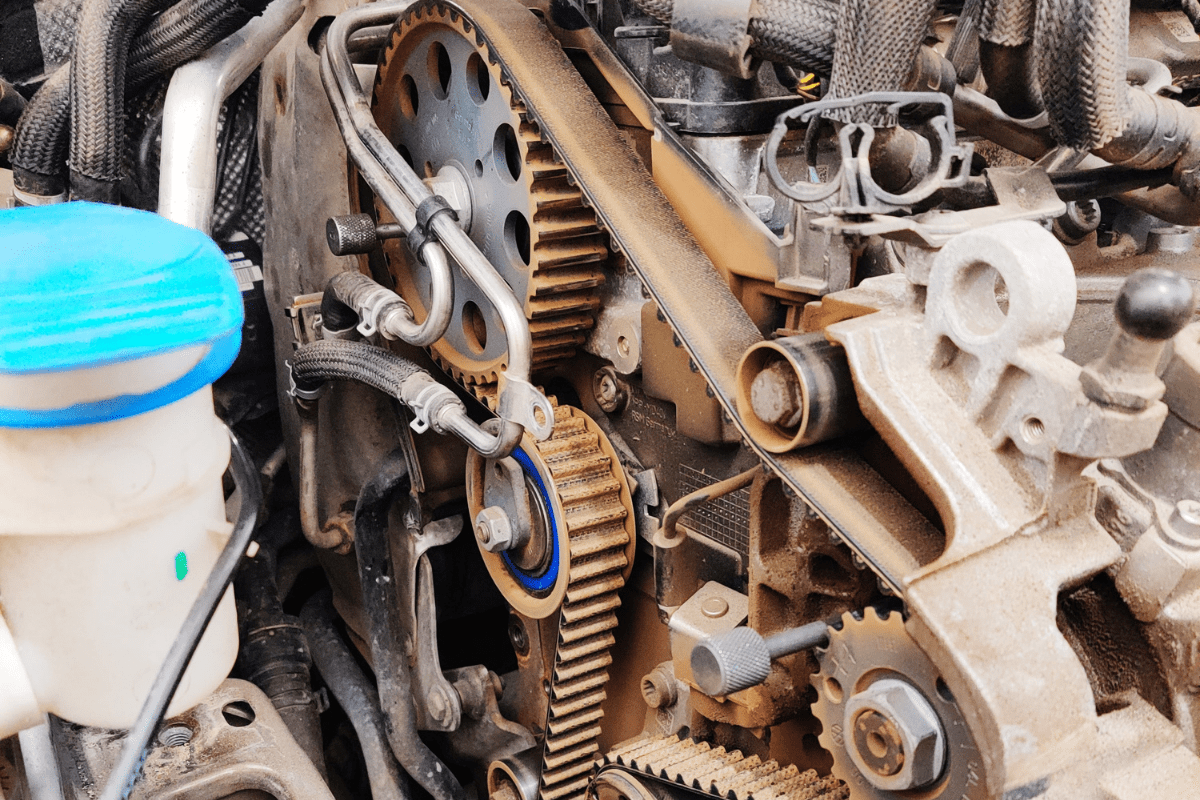
When do you need to replace your car’s timing belt?
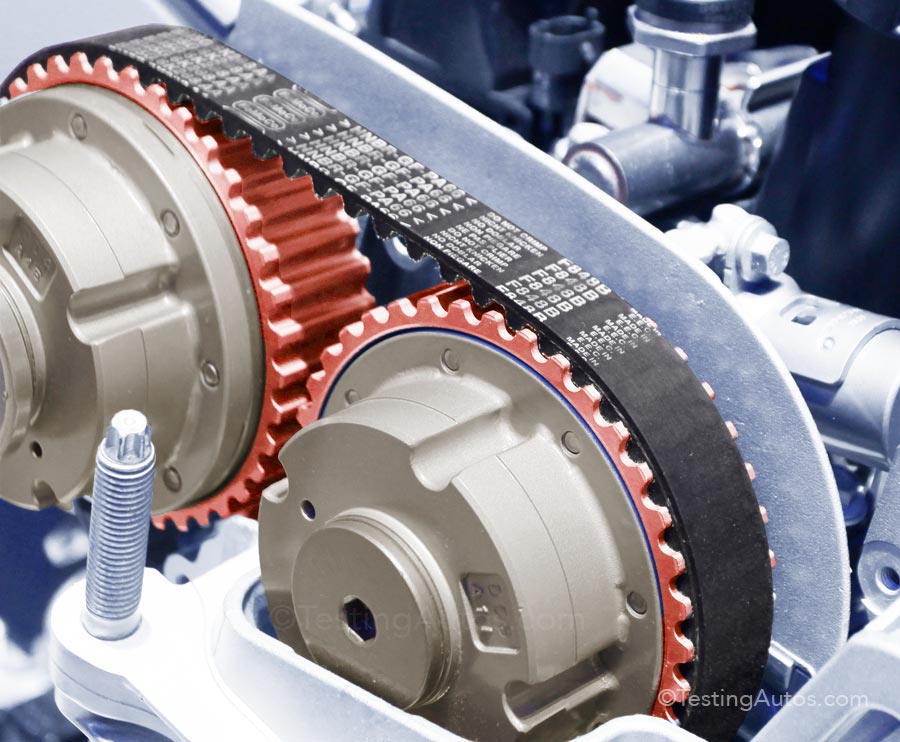
When Does the Timing Belt Need to be Replaced?
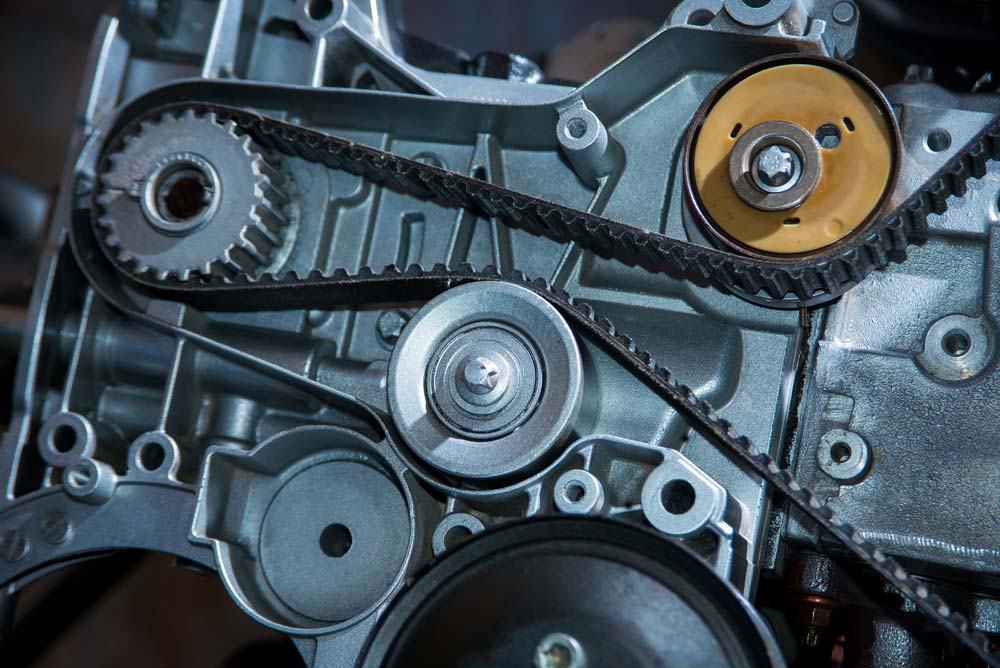
Car Basics All the Drive Belts Explained Christian Brothers Automotive Round Rock
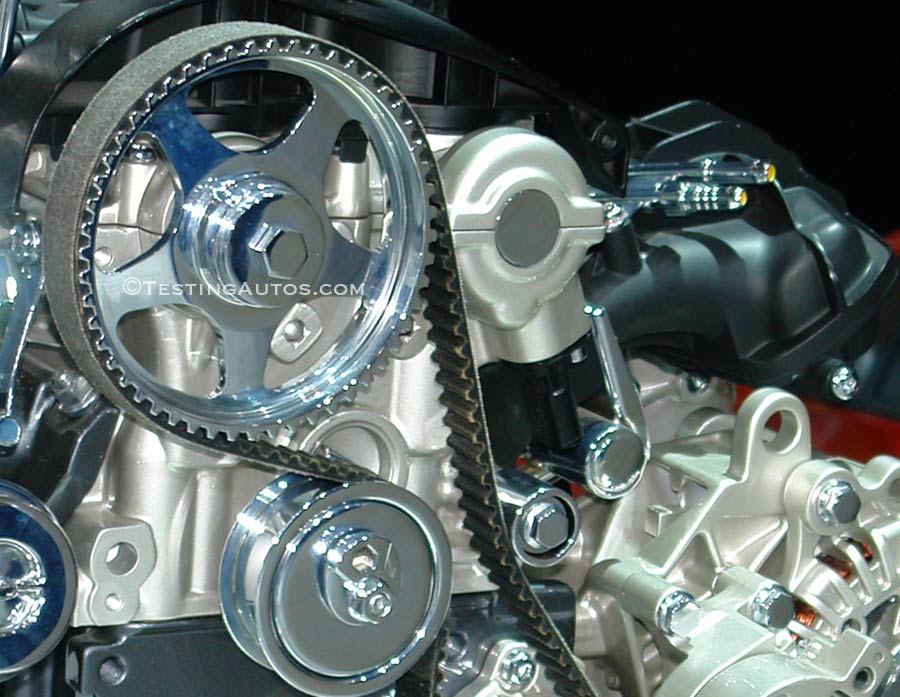
When does the timing belt need to be replaced?
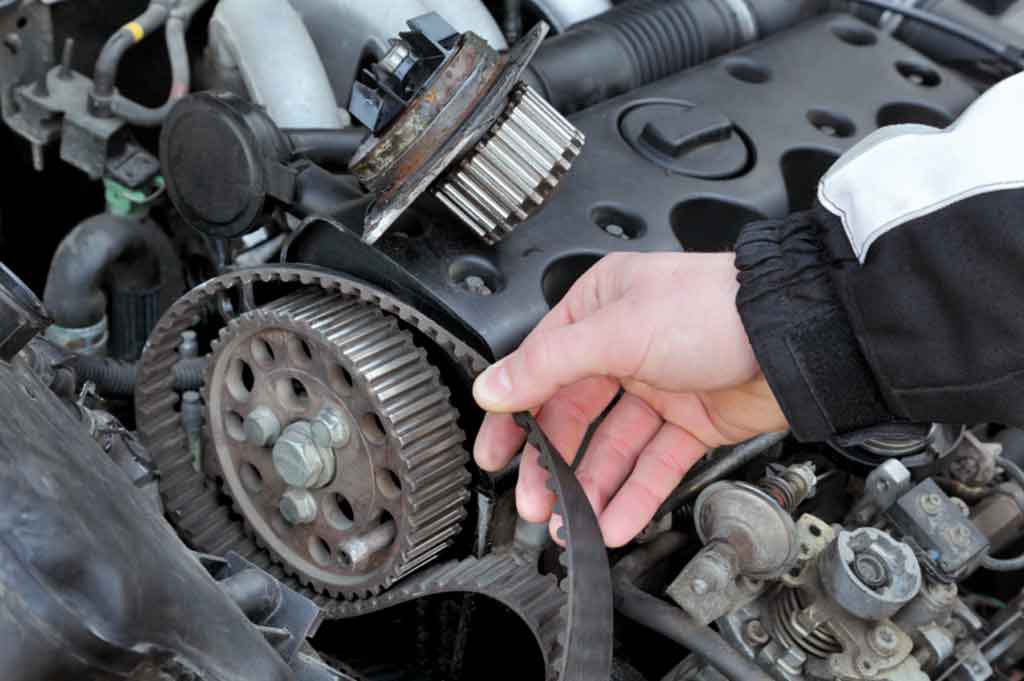
What Happens When Timing Belt Breaks?
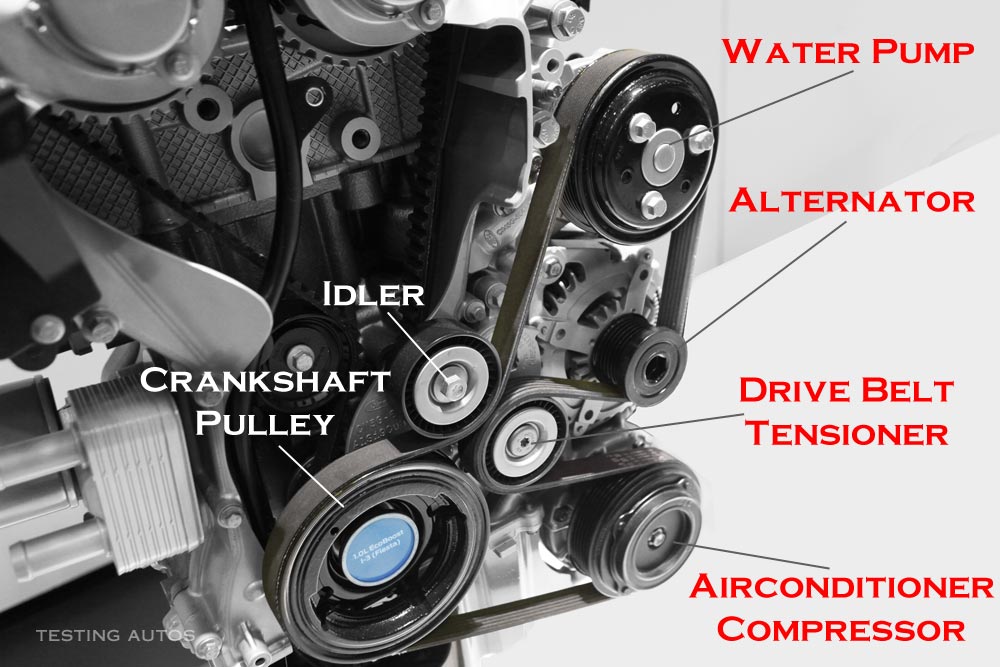
What Does A Drive Belt Do In A Car Belt Poster
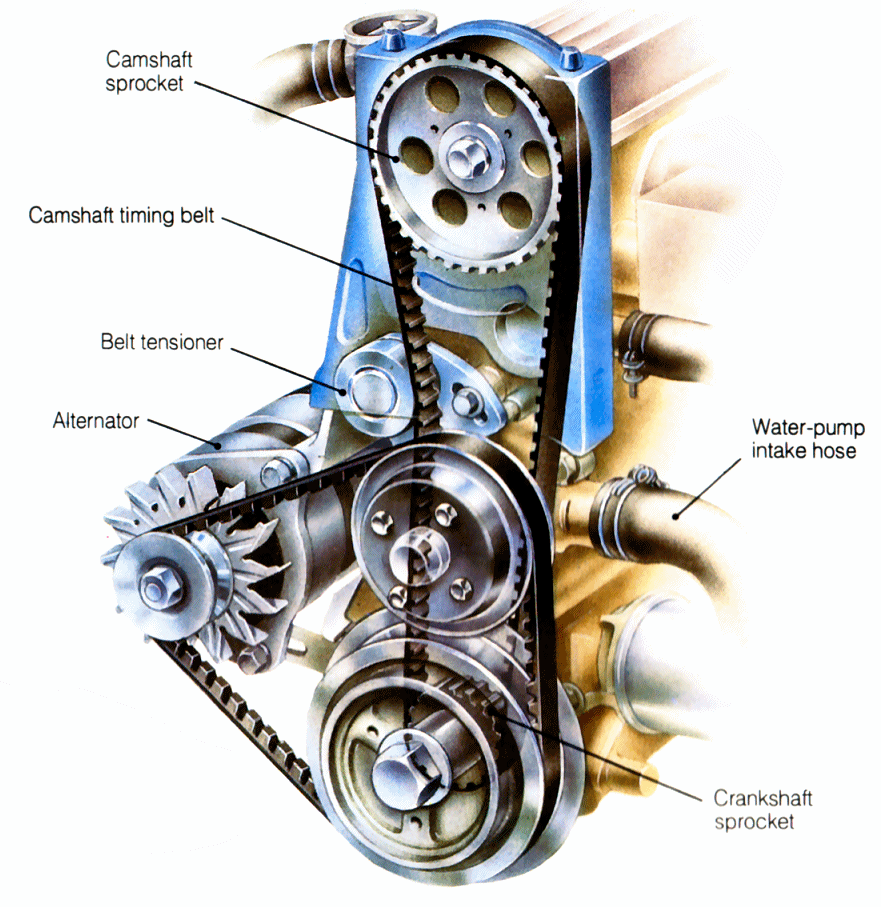
Principles of Engineering at RMHS Simple Machines Timing belts
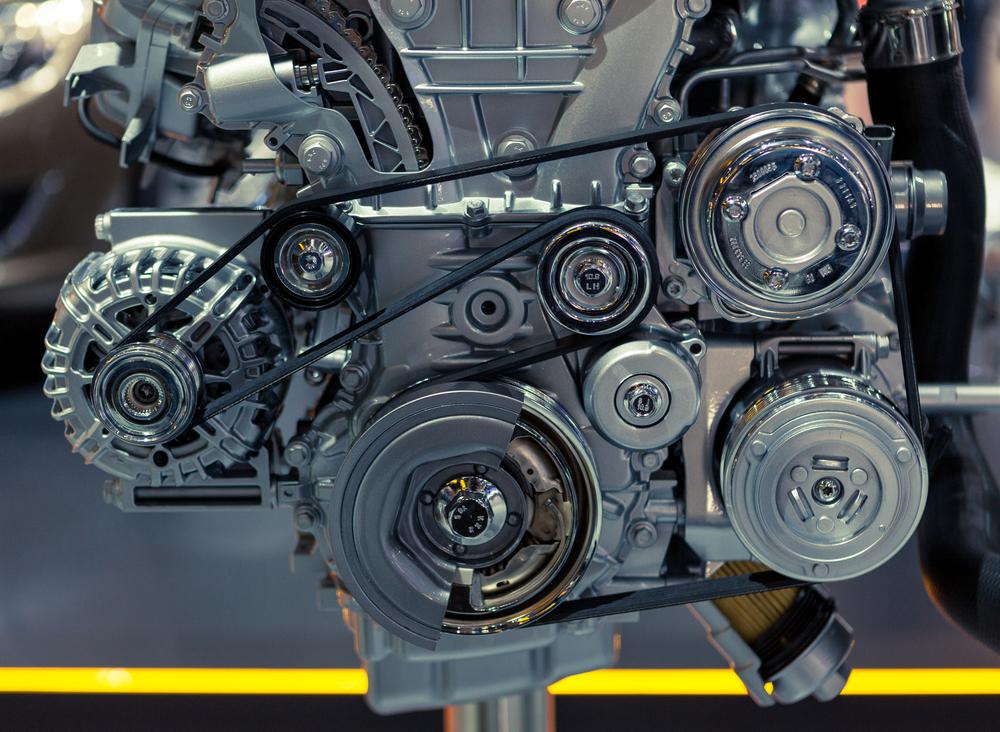
Speedway Motor function of timing belt in car engine
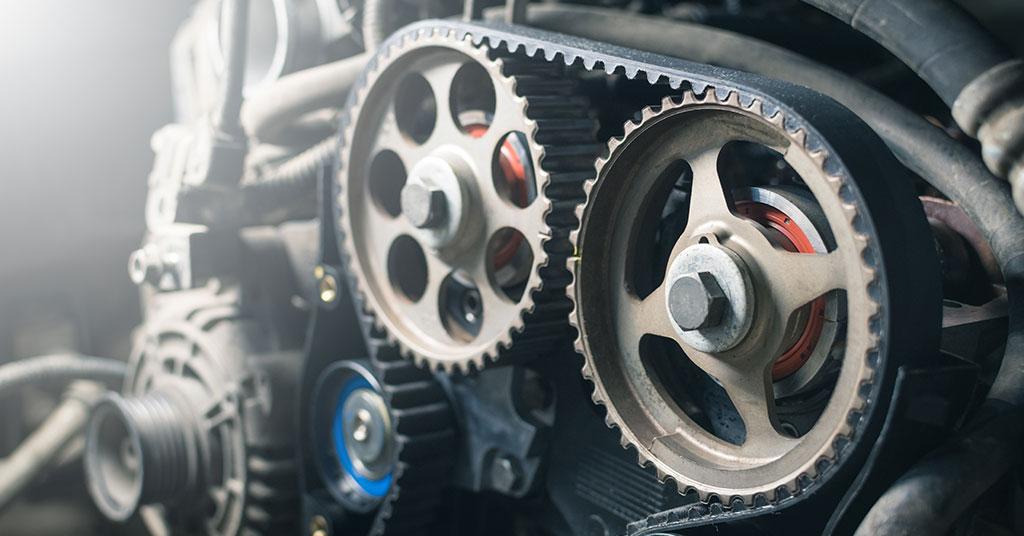
How to Replace the Timing Belt on a Car Masterparts
A car's timing belt should typically be changed every 60,000 to 100,000 miles, or according to the manufacturer's recommended maintenance schedule. This is because the timing belt is responsible for synchronizing the engine's internal components, ensuring that the valves open and close at the correct time. Over time, the belt can become.. The timing belt is a simple strip of rubber and metal that makes sure that the engine's key moving parts are choreographed to millisecond accuracy. Without your cambelt, metal is likely to smash into other bits of metal, valves will bend, connecting rods will distort and flex, cams will grind and graunch… and when the noise dies down and the.